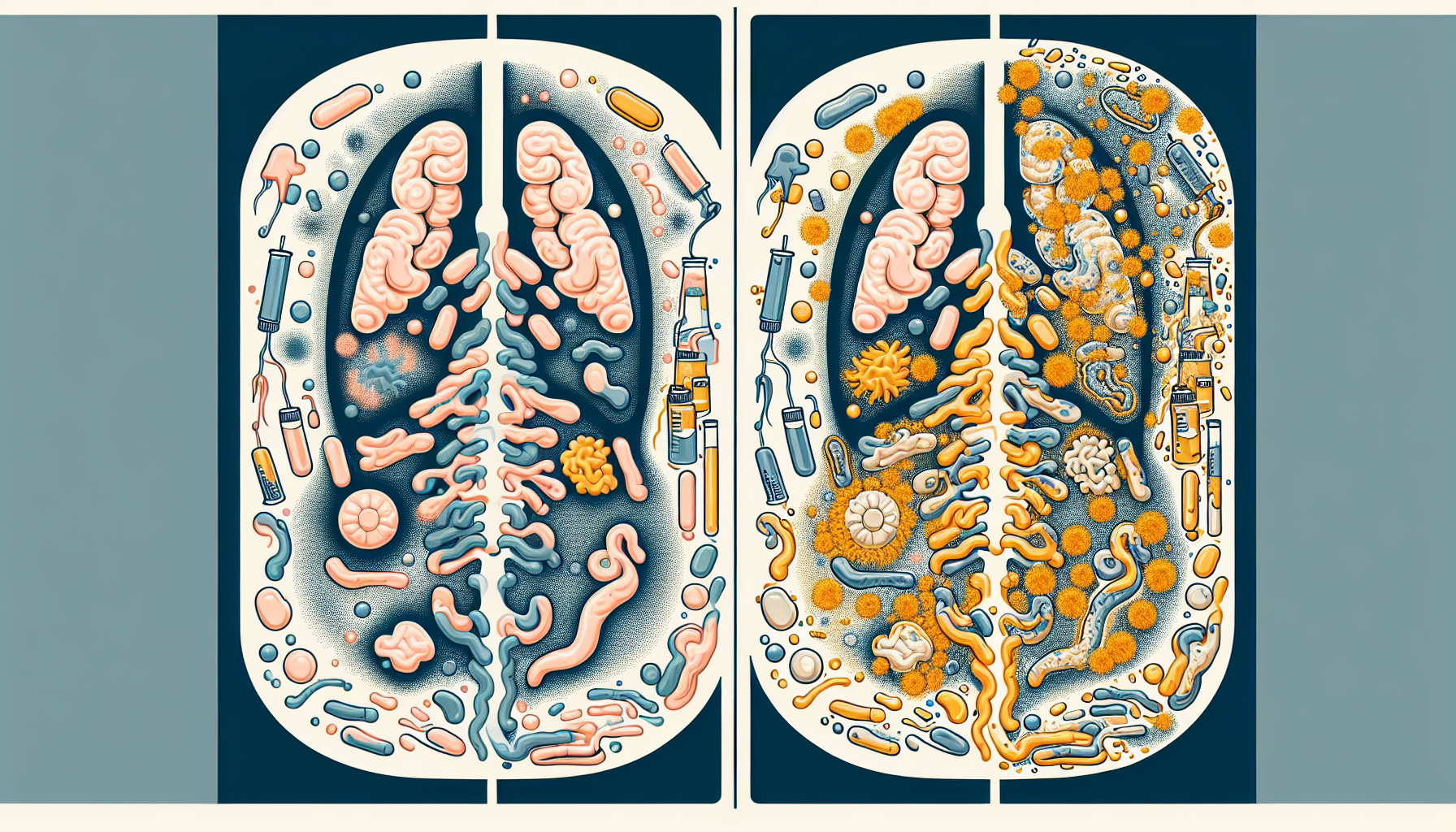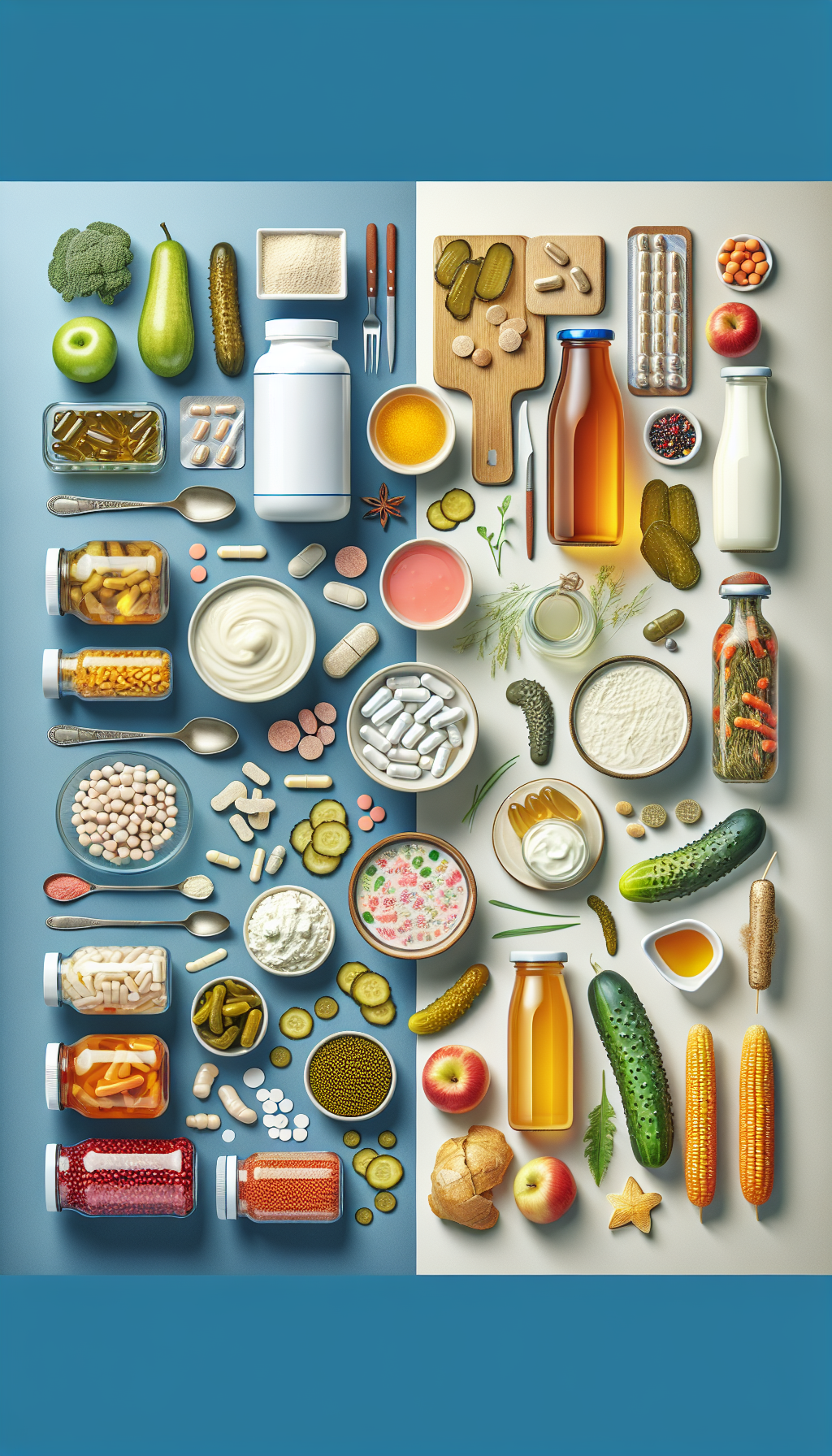The human microbiota, an ensemble of trillions of microbes living inside and on our bodies, plays a pivotal role in our overall health. These microscopic inhabitants aid in digestion, protect against pathogens, and contribute to the immune system’s functionality. However, the delicate balance of this complex ecosystem can be disrupted by various factors, including medication. Understanding the intricate relationship between medication and microbiota diversity is essential to maintaining optimal health and preventing potential adverse effects.
The Role of Microbiota in Human Health
The human microbiota consists of bacteria, viruses, fungi, and other microorganisms that reside primarily in the gut but also in areas such as the skin, mouth, and respiratory tract. These microorganisms engage in a symbiotic relationship with their host, contributing to physiological processes such as nutrient absorption and synthesis of vitamins like B and K. Digestive health is particularly influenced by the microbiota, as these organisms aid in breaking down complex carbohydrates and fibers that would otherwise be indigestible.
Moreover, the microbiota has a significant influence on the immune system. It trains immune cells to differentiate between harmful invaders and benign presence, thus preventing overreaction to non-threatening stimuli. This training ground is vital for averting autoimmune diseases where the immune system mistakenly attacks the body’s own cells.
Disruption of Microbiota Diversity by Medication
While medications are often necessary for treating various health conditions, they can inadvertently alter the microbiota’s composition. Antibiotics are the most well-known culprits, as they are designed to kill bacteria, but they do not discriminate between pathogenic and beneficial species. This can lead to a decrease in microbiota diversity, allowing opportunistic pathogens like Clostridium difficile to proliferate, potentially causing severe infections.
Other medications, such as non-steroidal anti-inflammatory drugs (NSAIDs), proton pump inhibitors (PPIs), and certain antipsychotics, have also been shown to affect microbiota diversity. For instance, NSAIDs can cause gastrointestinal damage, leading to changes in the gut microbiome that may contribute to the development of conditions like inflammatory bowel disease.
Understanding the role of antioxidants in preventing chronic diseases can provide insight into how dietary choices might mitigate some of the adverse effects medications have on microbiota diversity. Antioxidants help combat oxidative stress, which can also impact the composition of the microbiota.
Strategies to Protect and Restore Microbiota Diversity
Restoring and maintaining microbiota diversity is critical for health, especially after a course of medication. Probiotics, live microorganisms that confer health benefits when taken in adequate amounts, can help replenish beneficial bacteria. Prebiotics, non-digestible food components such as dietary fibers, promote the growth of beneficial gut bacteria.
Furthermore, a diet rich in diverse plant-based foods provides various nutrients and fibers that support a wide range of microbial species. Incorporating fermented foods like yogurt, kefir, and sauerkraut into one’s diet can also introduce beneficial bacteria.
In addition to dietary adjustments, lifestyle factors such as exercise and stress management can influence microbiota diversity. Regular physical activity has been linked to increased microbial diversity, which ties into the broader topic of fitness and its impact on overall health.
The Role of Medication in Specific Health Conditions and Microbiota Interaction
Certain health conditions require long-term medication use, which can lead to sustained changes in microbiota diversity. For instance, individuals with cardiovascular conditions often take medications that can affect gut bacteria, underscoring the importance of understanding cardiovascular health in relation to microbiota.
Medications for chronic diseases like diabetes and high cholesterol have also been observed to impact the microbiota. It is crucial to discuss with healthcare providers the potential effects of these medications on gut health and explore alternatives or adjuncts to therapy that may mitigate negative impacts.
High Quality External Resources Supporting Microbiota Diversity
To delve deeper into the subject, several niche and specific resources offer valuable insights:
- The Human Microbiome Project (https://hmpdacc.org) provides a wealth of information on the human microbiota and its role in health and disease.
- The International Scientific Association for Probiotics and Prebiotics (https://isappscience.org) offers resources on the latest research and guidelines regarding the use of probiotics and prebiotics to support microbiota diversity.
- The Gut Microbiota for Health platform (https://www.gutmicrobiotaforhealth.com) is a hub for scientific evidence and expert commentary on the gut microbiome and its implications for health.
Conclusion
Medications, while often necessary, can have unintended consequences on the microbiota, potentially leading to decreased diversity and dysbiosis. It is crucial to be aware of these effects and take proactive steps to support microbiota health through diet, lifestyle changes, and judicious use of medications. By doing so, we can help preserve the intricate balance of our microbiome, which is so vital to our overall well-being.
For those interested in further exploring the interactions between medication and health, additional reading can be found in articles discussing medication therapeutic index and patient safety, the safety and effectiveness of nootropic supplements, and age-related changes in medication and supplement needs.



